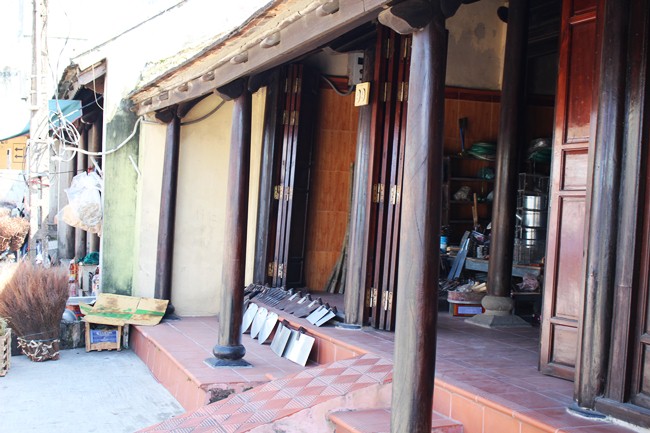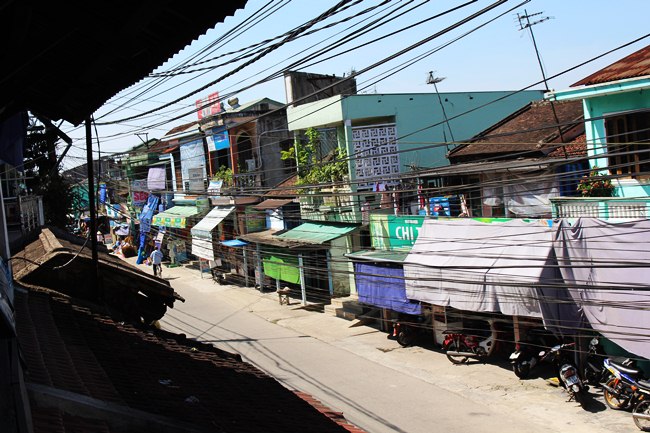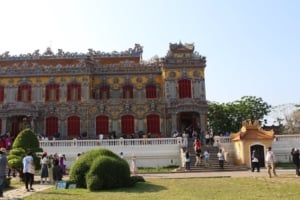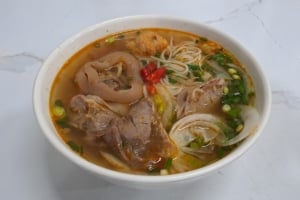Bao Vinh still lives in the usual corner of Hue City. But, this part of this city used to be one of the famous Hue attractions during the Nguyen dynasty. Not many people can now remember Bao Vinh as a bustling span of history.
From the mid-17th to 19th centuries, Bao Vinh ancient town was considered a bustling trade center in the Dang Trong area. In 1963, after moving the Lord Palace from Phuc An to Kim Long, Nguyen Phuc Loan Lord chose the Sinh junction towards Thanh Ha Port.
At the beginning of the 17th century, Chinese merchants made this place become a trade center, created business streets, and lived by trading salt, rice, fish sauce, and seafood. At that time, these activities made the trade of Bao Vinh ancient town be developed strongly.
Some merchants came here and exchanged goods such as Hong Kong, Ma Cao, Japan, and India. Archaeologists found more implements such as ceramics and coins from the Khang Hy, Ung Chinh, and Can Long periods.
A brief history of Bao Vinh:
In the past, Bao Vinh ancient town was famous for the craft of making coffins, pearl inlay art, bricklayers, bricks and tiles, weaving in small surfaces, and starch making.
Since the fall of the Capital here, the trade became oblivious. Previously, there were located 39 old houses in total, dating from 150 to 200 years old; but now, it has just only 15 old houses hidden behind buildings. Roofs or walls are covered by moss.
Taking a leisure walk along the Bao Vinh ancient town also brings you a similar emotion as in Hoi An Ancient Town.
Although the local traditional handicrafts were lost for a long time, some of those are being now restored by the local residents, such as carpenters, blacksmiths, incense making, and conical hat making.
Tourists can contemplate the etiquette beauty of Bao Vinh ancient town with mossy walls, remaining relics, and family-inherited crafts. The old beauty can create some senses that cannot be described precisely for tourists.
If you have a chance to visit Hue Imperial Citadel, you do not miss the ancient town of Bao Vinh to find a forgotten life of the past time.





